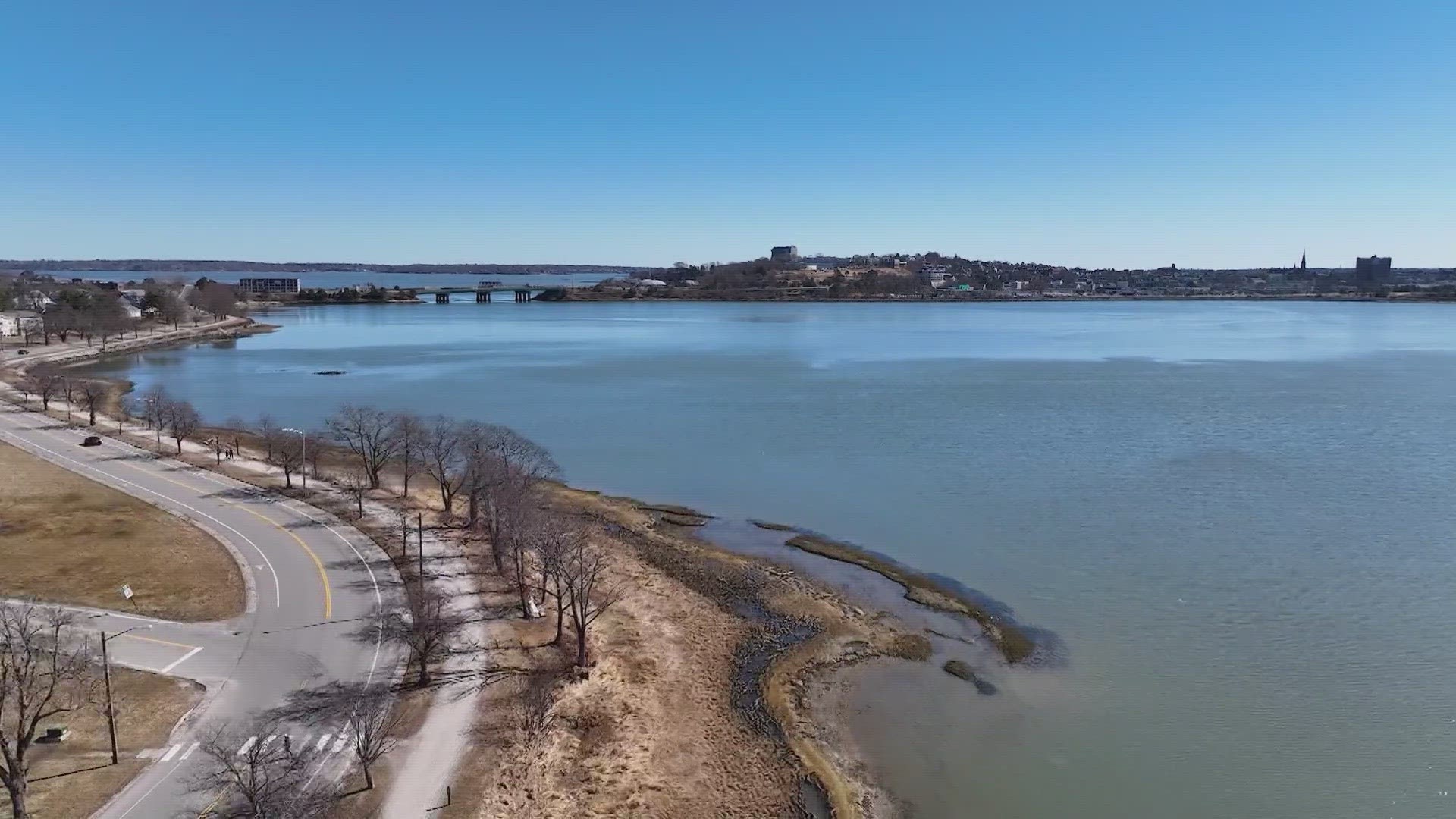WASHINGTON, D.C., USA — The Environmental Protection Agency released its latest annual report on toxic chemicals on Tuesday.
Maine got a mixed report card.
The Toxics Release Inventory National Analysis uses data as recent as 2022 and found, that over the past decade, Maine companies dropped air emissions by more than half and released 40% fewer toxic chemicals. However, from 2021 to 2022, those chemical releases increased 10% due to increases in waste sent to landfills, the agency wrote.
That 10% figure caught the eye of Chris Rascher. Based in Boston, he is an EPA inspector who helped compile the report and regularly inspects mills and factories throughout Maine. While the rebound is something to keep an eye on, he saw a promising trend over time.
"What we’re seeing are some significant reductions in pollution over time," Rascher said. "And I think that that’s a good thing. Maine still has a reasonably decent economy, and I think that companies are successfully reducing their toxic chemical releases."
In response to a Wednesday interview request, Maine Department of Environmental Protection Deputy Commissioner David Madore acknowledged the recent rise in chemical releases.
"It is true that there has been an uptick in solid waste going into Maine’s landfills over the past few years," Madore wrote in an email to NEWS CENTER Maine. "There are many possible reasons for this including increases in population, increases in consumer purchasing and related packaging, decreases in recycling and waste diversion programs in Maine’s communities, as well as the legislative ban on the land application of sludge due to concerns stemming from PFAS," Madore added. "The ban on the land application of sludge resulted in not only adding sludge to landfills but also additional bulking materials required for landfill stability (oversized bulky wastes and construction and demolition debris)."
Madore then explained a struggle within the state to better divert waste before reaching a landfill and outlined a possible fix.
"Many recycling and waste diversion programs have been largely unsuccessful in Maine due to the cost of recycling and waste diversion as compared to landfilling," he continued. "It is far less expensive to send materials to the landfill than to recycle or divert them. This is because Maine currently does not have the infrastructure or resources statewide to effectively balance the scales toward these practices. Maine DEP is hoping to change this through the implementation of legislation passed in 2021 under 38 M.R.S. 2146, which requires extended producer responsibility (EPR) for packaging."
On the waste diversion front, last week, waste management company Casella announced a partnership with natural gas firm Viridi to convert a dormant Brunswick digester facility on the former naval air station. Casella spokesperson Jeff Weld said, once operational sometime in 2026, the facility would take in 85,000 tons of biosolids otherwise destined for the Casella-run state landfill, and burn them down to 10,000 tons, in the process producing enough energy for 3,000 homes for a year.
"This takes that residual material and puts it to a higher and better use for the benefit of the state of Maine," Weld said.
One of Rascher's most significant takeaways from the report is that many companies he visits are finding they can release less waste and still be profitable. In fact, the report found over the past decade, manufacturing plants across the country had decreased toxic releases by 9% while contributing 14% more to the U.S. economy.
"Over time, people have found that it’s actually been cost-effective, sometimes, to reduce those toxic chemicals at their facility," he said.

